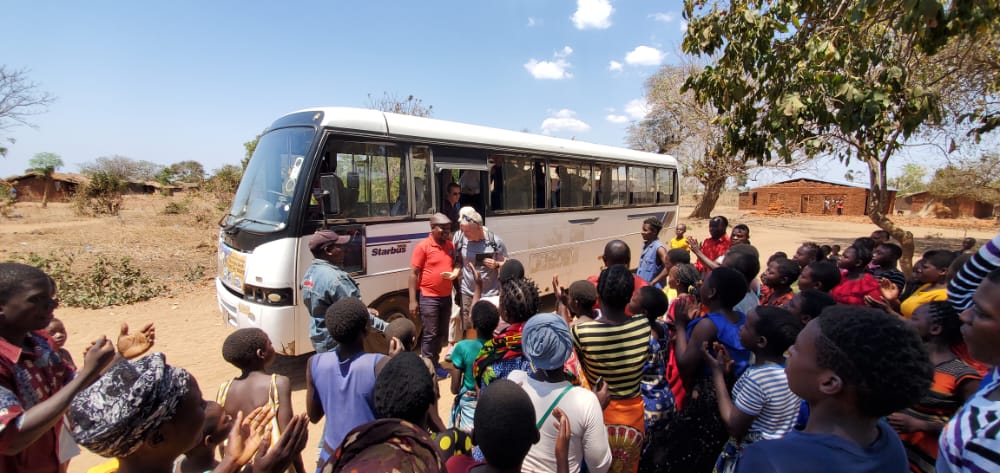Thursday began with an excursion to an organisation that is also involved in AIDS education. As soon as we arrived there by bus, we were warmly welcomed with a welcome song. You could see how much fun the Malawians had and how much they enjoyed doing this for us.
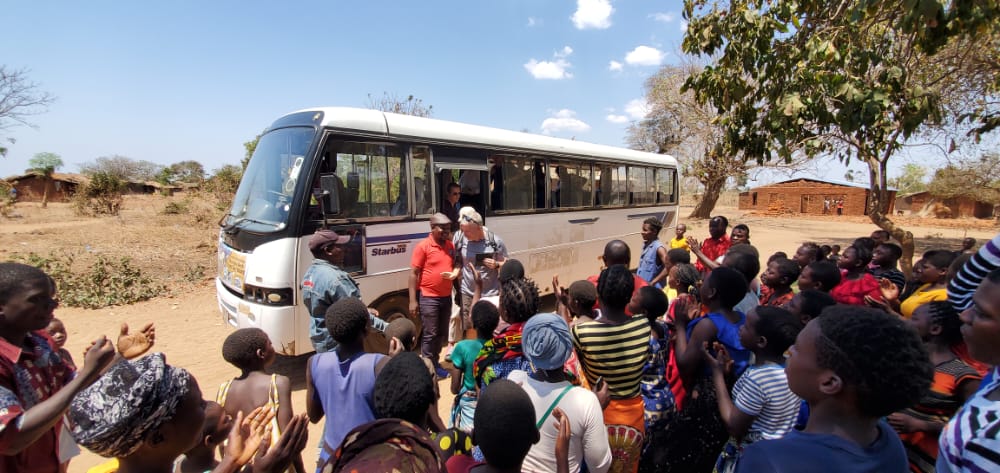
Next, the organization members were introduced to us and we were told what their exact tasks are. The most important thing for them is to educate the young population about contraception, to get tested for AIDS and, above all, not to be ashamed of it. The topic was then illustrated by a small play in which the
husband refused to be tested because of his pride and egoism. He was of the opinion that it would not affect him and that it would be the wife’s sole responsibility, which is of course wrong and was made clear by the role play.

Afterwards, an older girl was tested as an example to show everyone
else how an AIDS test works and what the result looks like. The result was negative, which made everyone very happy. Being able to follow and understand the whole event was quite difficult for us because everything was told in Chichewa. Therefore, we had to rely on our exchange students to translate for us.

In the afternoon, we went to the “Palliative Care Centre”. This is a kind of hospital that was founded by a couple. She is from Malawi and he is British. Together they treat patients, many of them elderly Malawians.
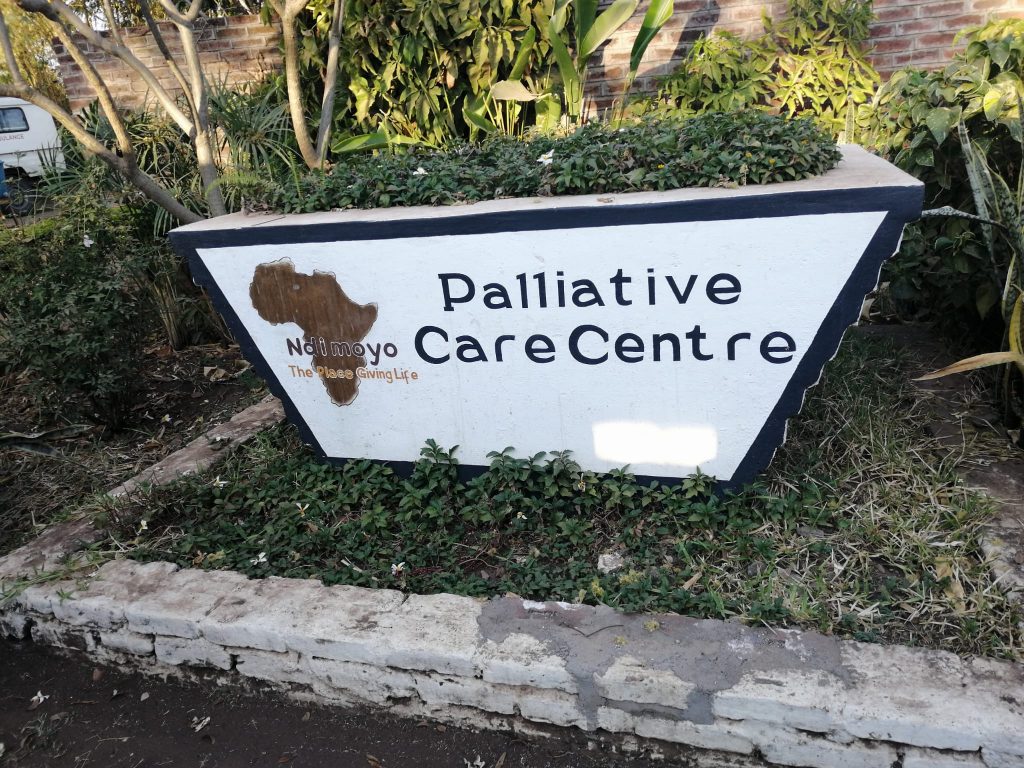
The oldest patient is 75 years old. Compared to Germany, this is of course a rather young age, which makes it clear to us that life expectancy in Malawi is much lower than here. Furthermore, we were introduced to the members and shown the grounds. We saw many different trees and flowers that create a really nice atmosphere.
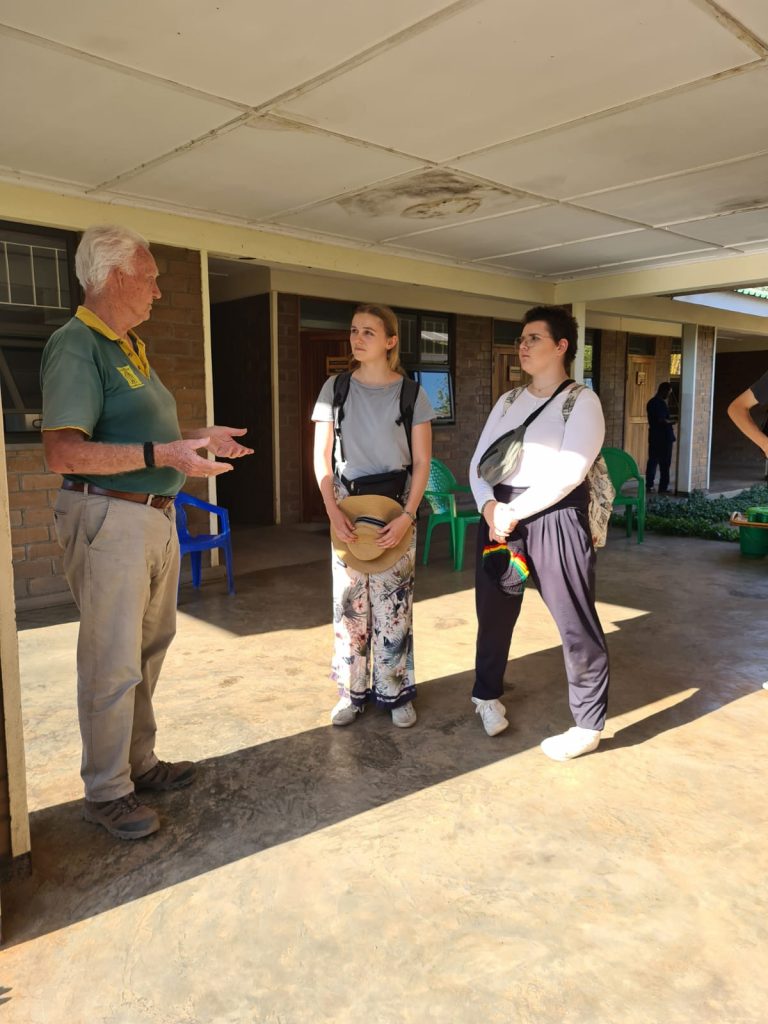

In addition, there was a small house with cosy seating and a man-made waterfall. The quiet splashing and the design of the room create a very pleasant atmosphere, which is good for the patients to relax. The most common disease the nurses deal with is cancer, especially breast cancer.
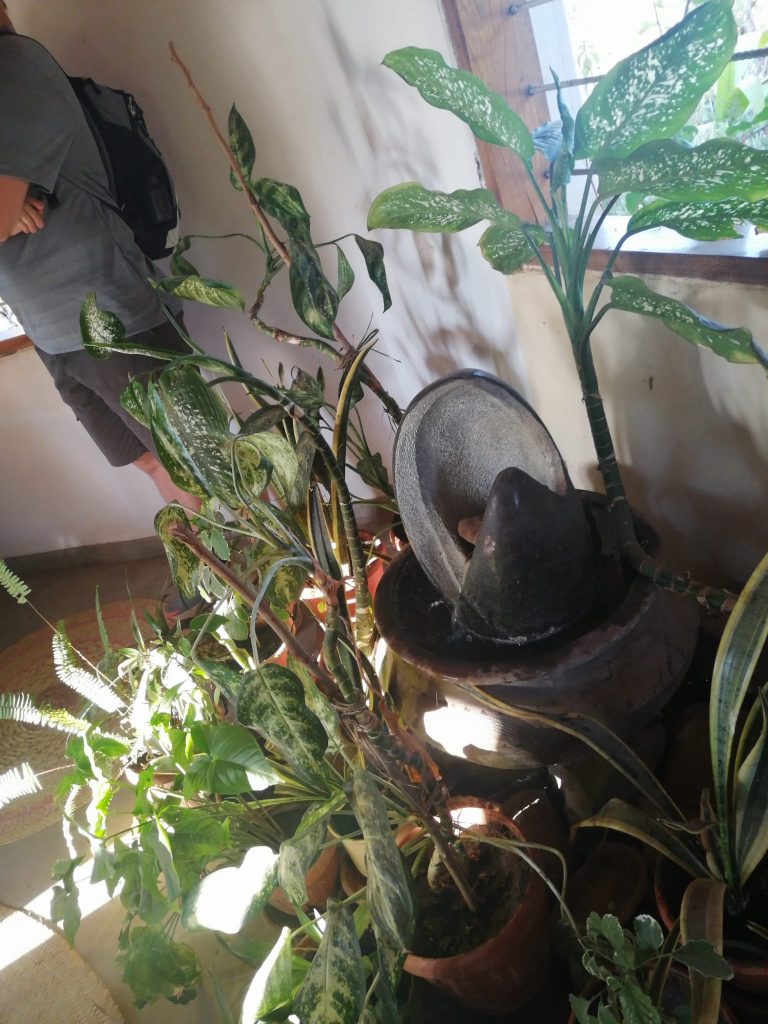
In summary, we learned on this day how the population in Malawi can be helped in the best possible way and what is important about it.


